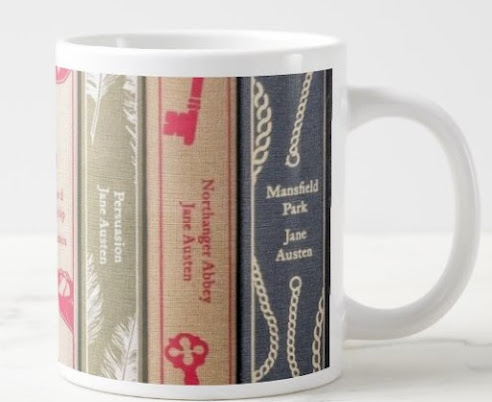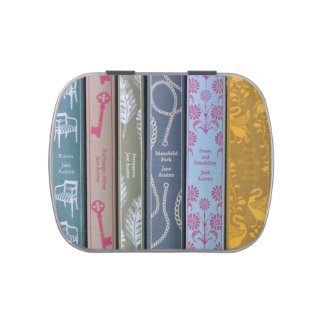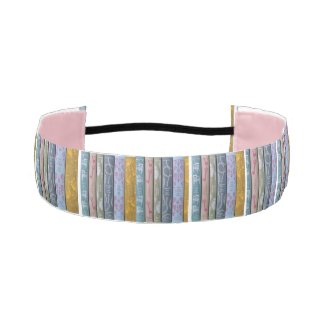So what's the problem with the poetic outpouring of high school students? I'm sure there are some gifted writers who do produce poetry worth reading in their teens. I'd guess that some of Emily Bronte's compositions were written before she was 20 and are worth reading, as are the works of John Keats who produced some of the most beautiful poems in the English language at a very young age.
However, most high school level writers do not achieve that level of art. I was thinking about why that is. For one thing, I doubt many labor over an individual poem for hour to achieve particular effects. Instead, what they seem to do, is hope to come across as deep or emotional by inserting "silent screams" and other imagined reaction to violence, persecution, or loss.
I know there are some students in the schools who have experienced major trauma. A few of them have lost parents to cancer or even a more sudden fatal illness. Some have been through cancer treatments themselves. But no one is writing about real pain that they've experienced. Instead, they imagine a situation they only know about second-hand. That's the problem.
What is poetry? That nearly as big a question as "what is art?" I don't offer a full answer, but when you set out to define the type of poetry classified as lyrical, which focuses on feeling rather than events, I'm inclined to agree with Wordsworth's definition of poetry from the Introduction to Lyrical Ballads: “Poetry is the spontaneous overflow of powerful feelings: it takes its origin from emotion recollected in tranquility.”
While it is possible to write about what you have not actually experienced and to even depict some of the emotion effectively, you'd have to be a pretty accomplished writer to pull it off in novel or play form. But for poetry, it would only work for a poet with great powers of empathy to depict feelings s/he has not actually experienced. Very few can carry that off, and that certainly applies to high school students who may otherwise consider themselves good writers.Tacking on stock descriptions to convey angst only emphasizes that the piece is not about a genuine emotional experience.
Thinking of the type of literature that relies on second-hand sensations also reminded me of a pivotal point in Little Women. Within the novel Louisa May Alcott shares the story behind her coming to write this type of book. The professor she ends up marrying tells her to give up the pulp fiction and write about something real. Like Jo, Alcott had made money selling "blood and thunder" tale, s But those stories (and I've read one or two that were published) are not truly memorable in the way the Little Women series or Eight Cousins are. (Likely she would have been altogether forgotten if she had not moved onto the books for which she is known today, much like Ann Radcliff would not likely be in print at all today if not for the references to her The Mysteries of Udolpho in Jane Austen's Northanger Abbey. )
I wish the teacher who serves as the guide for the literary journal in the school would adopt the professor's approach and encourage the budding writers to look for the real rather than the tragedy of larger proportions that they can only imagine. Or for the truly brilliant writers, she can offer satire, something like "The ruin of my hair" as a sort of modern take on Pope's "The Rape of the Lock." It would be a greater challenge for them to keep up the heroic couplets than to just string together sad-sounding word in free verse, and they can offer a humorous look at themselves rather than a pseudo-look at someone else.




